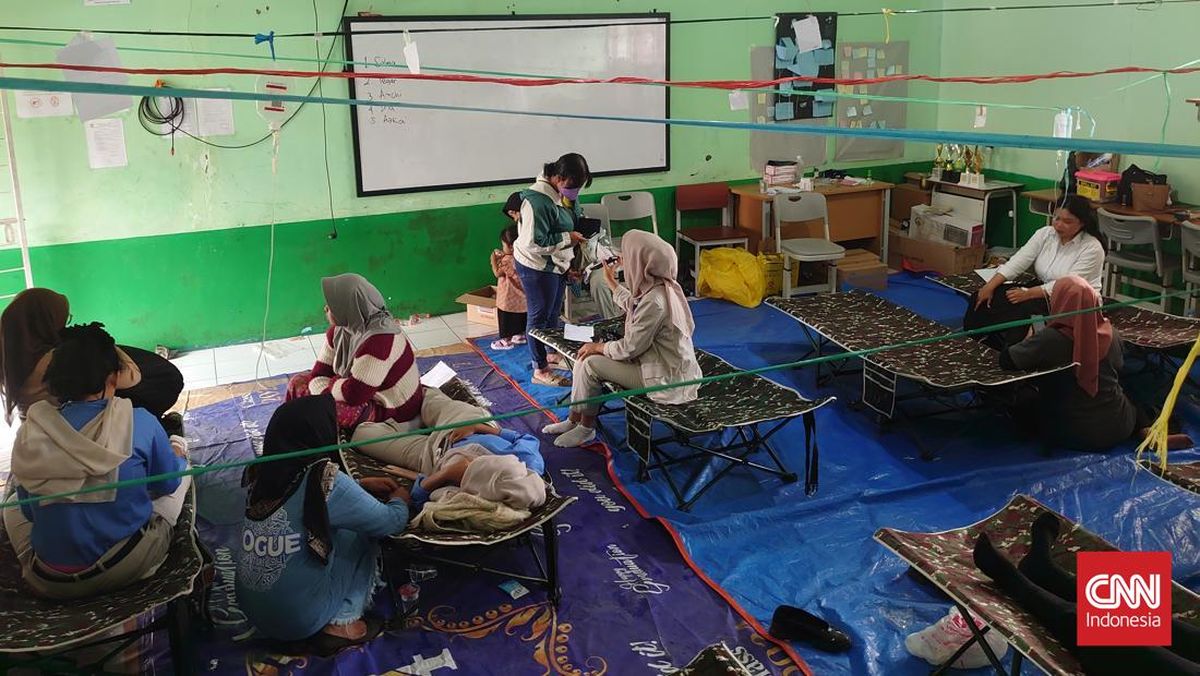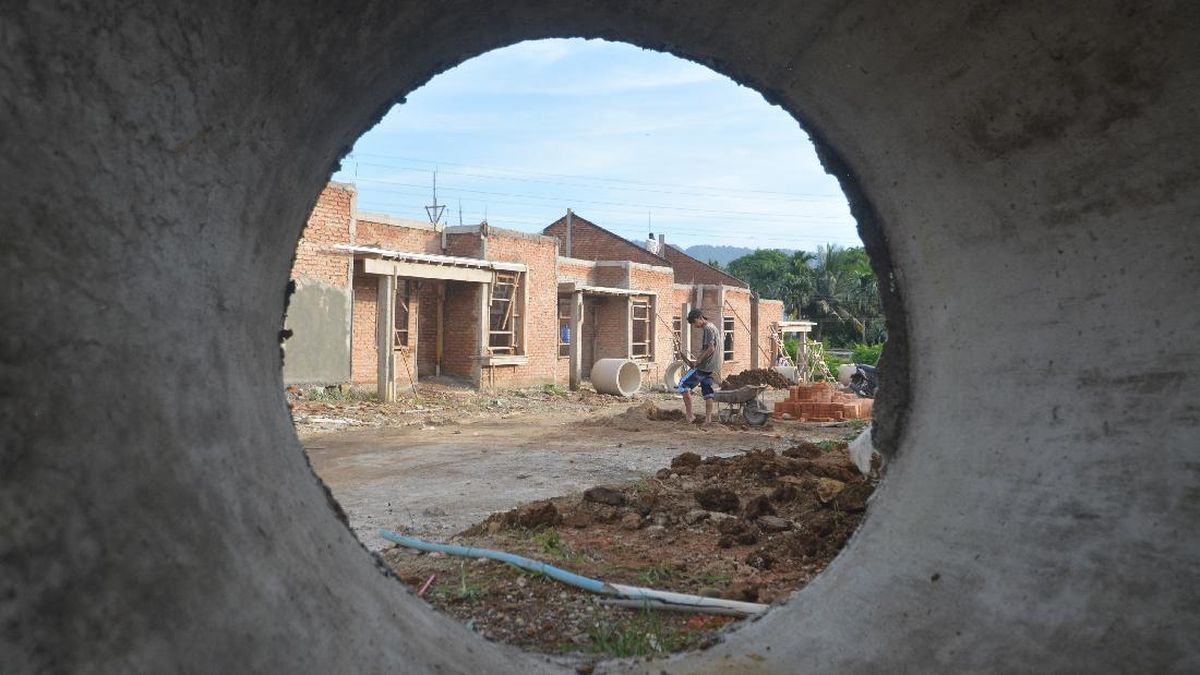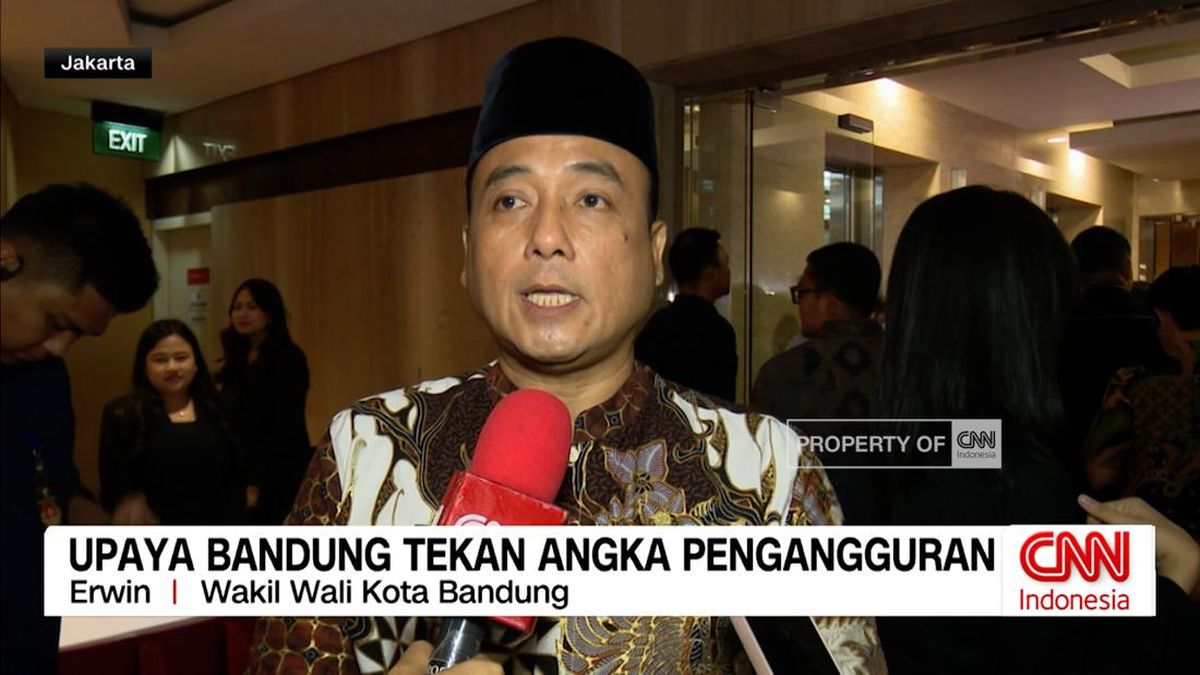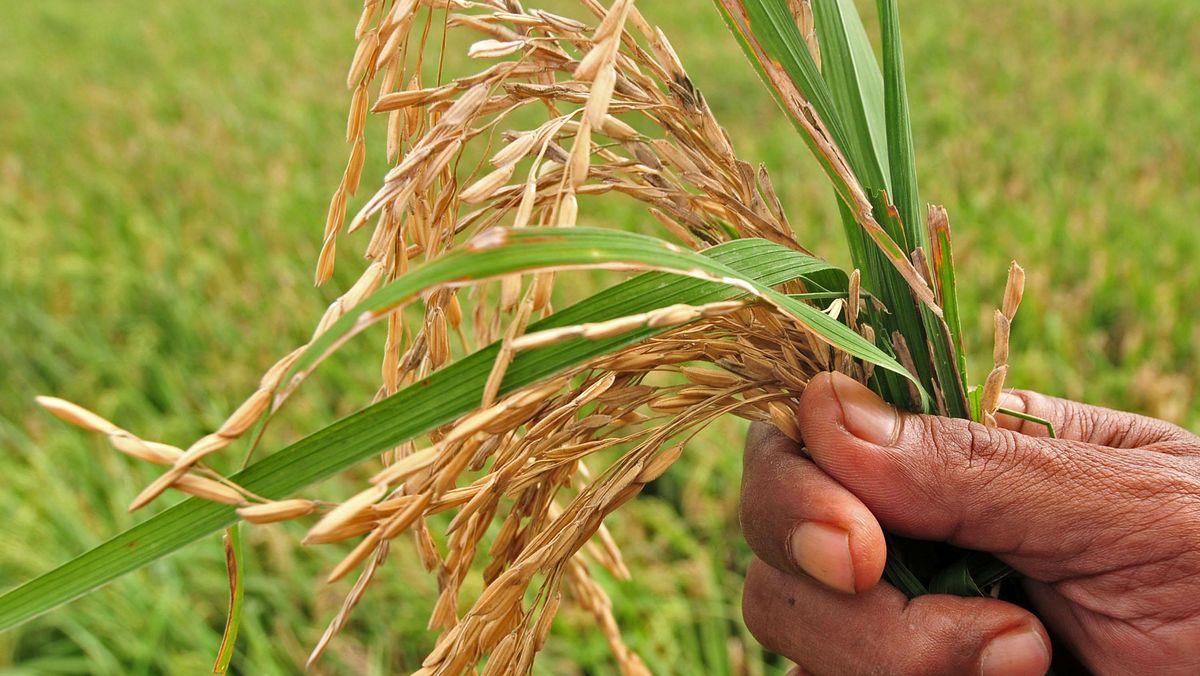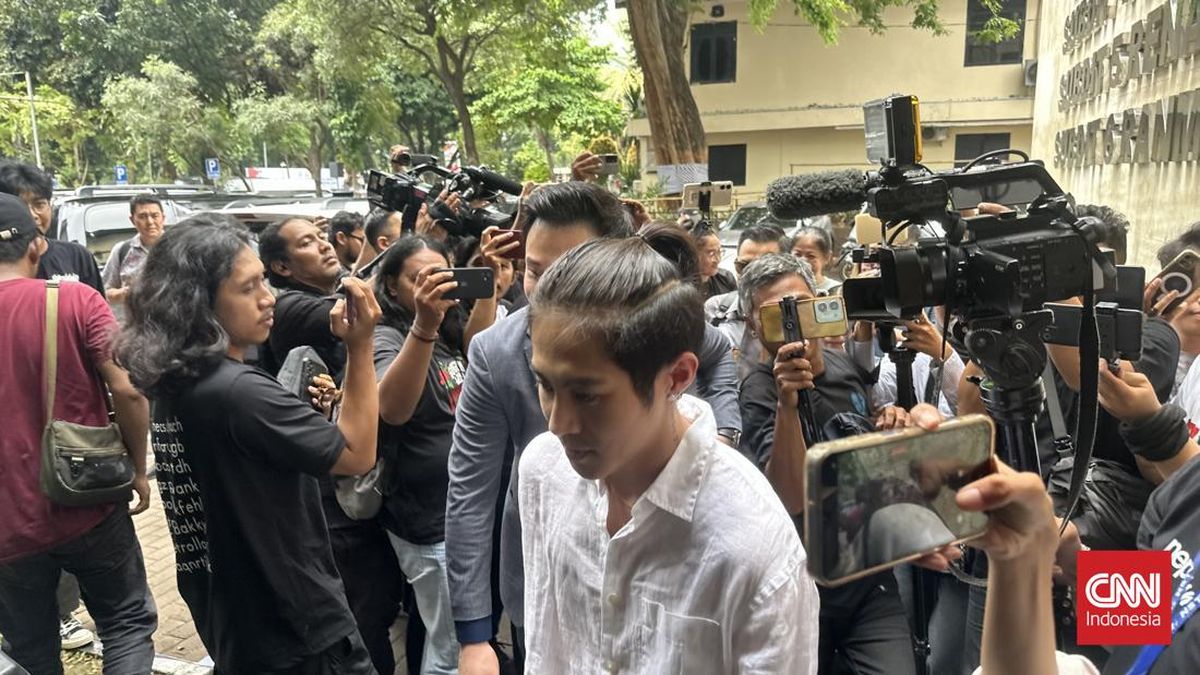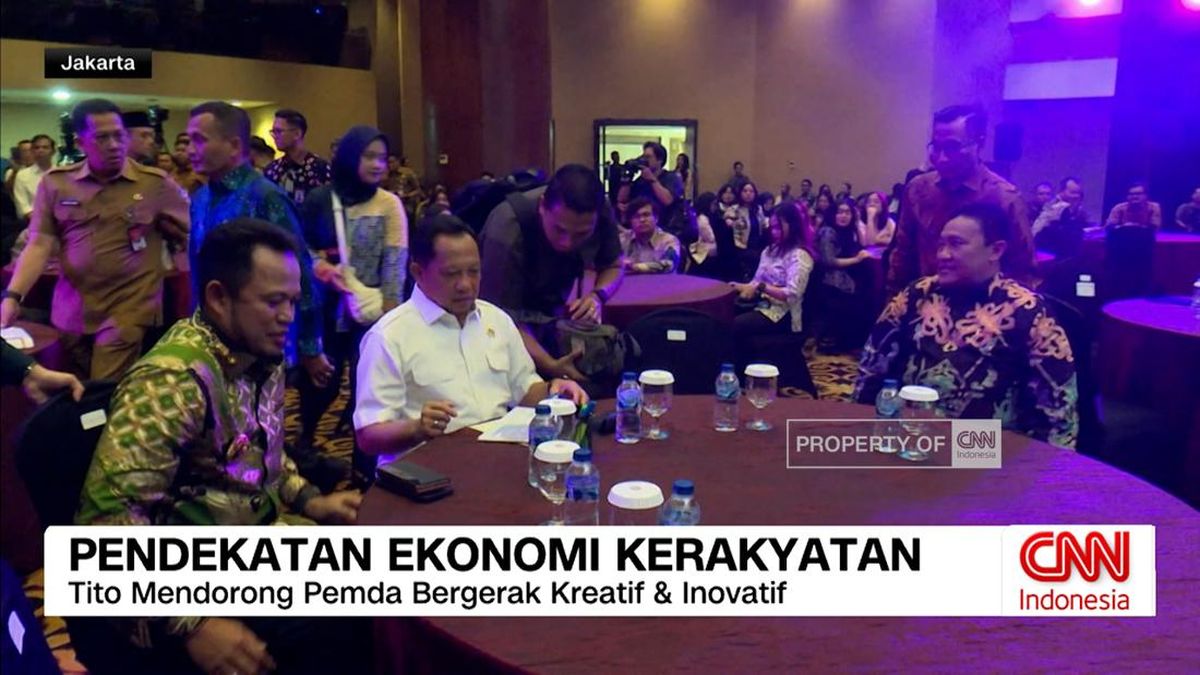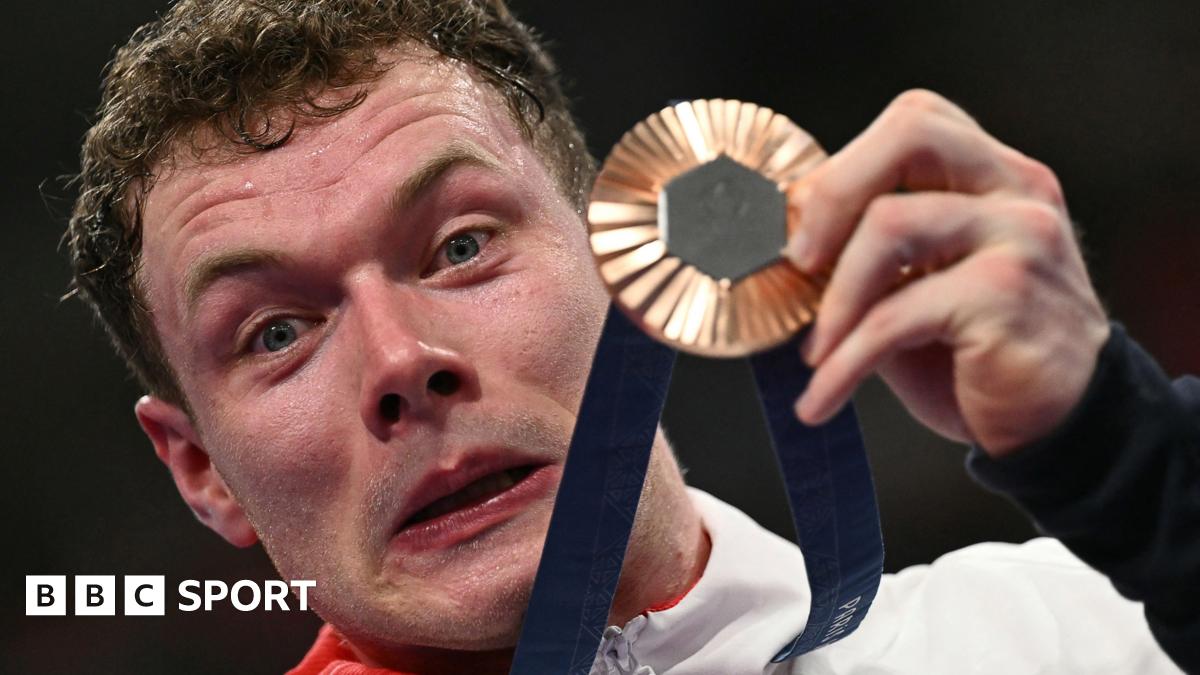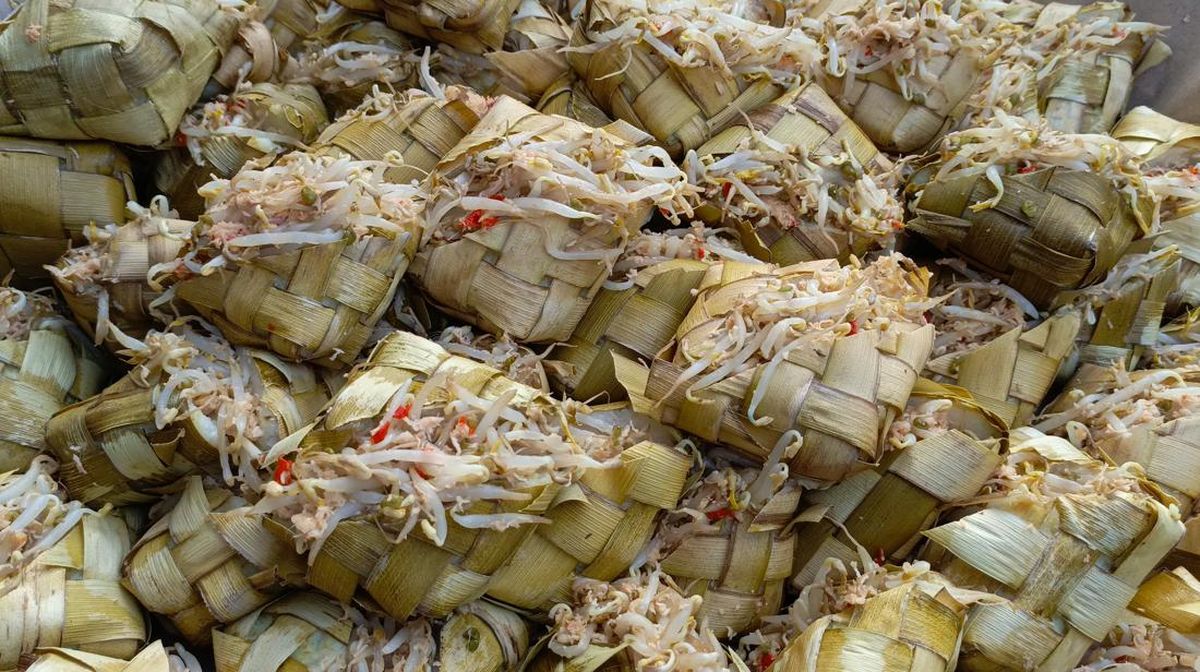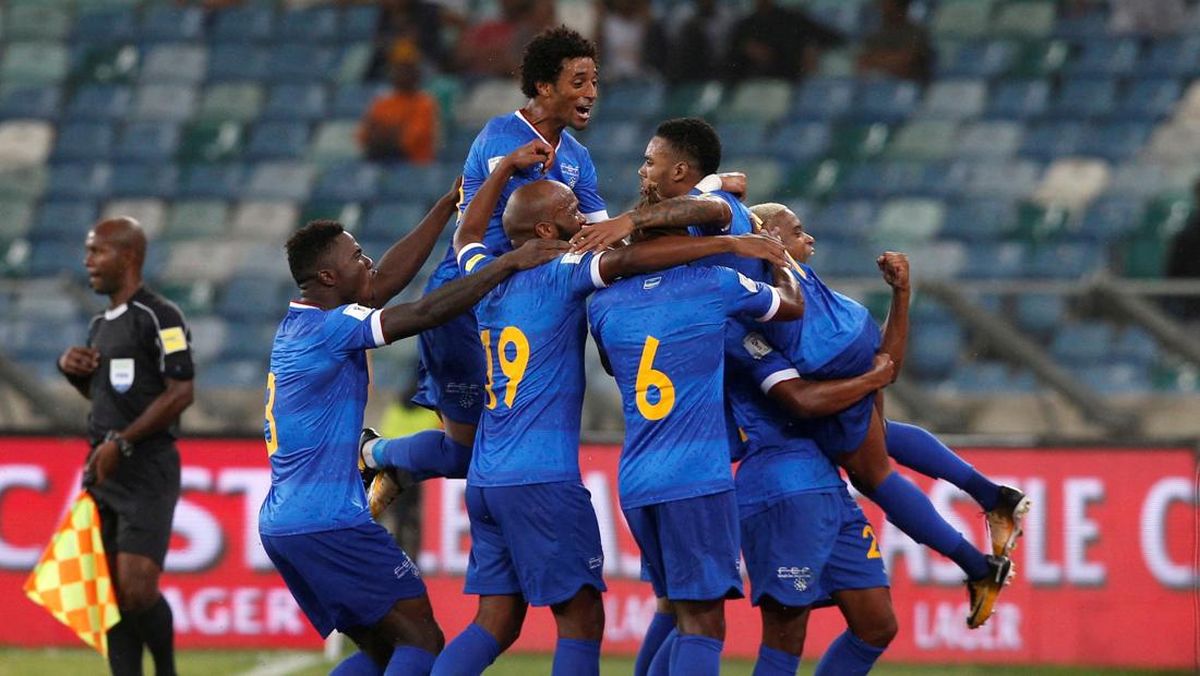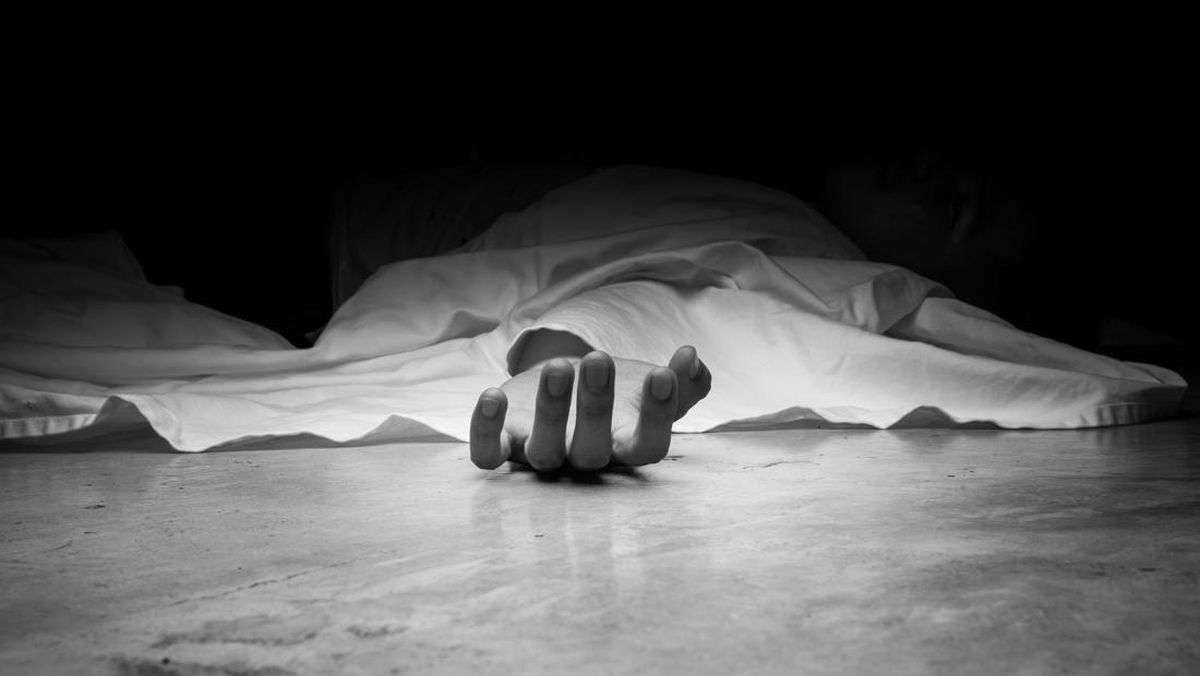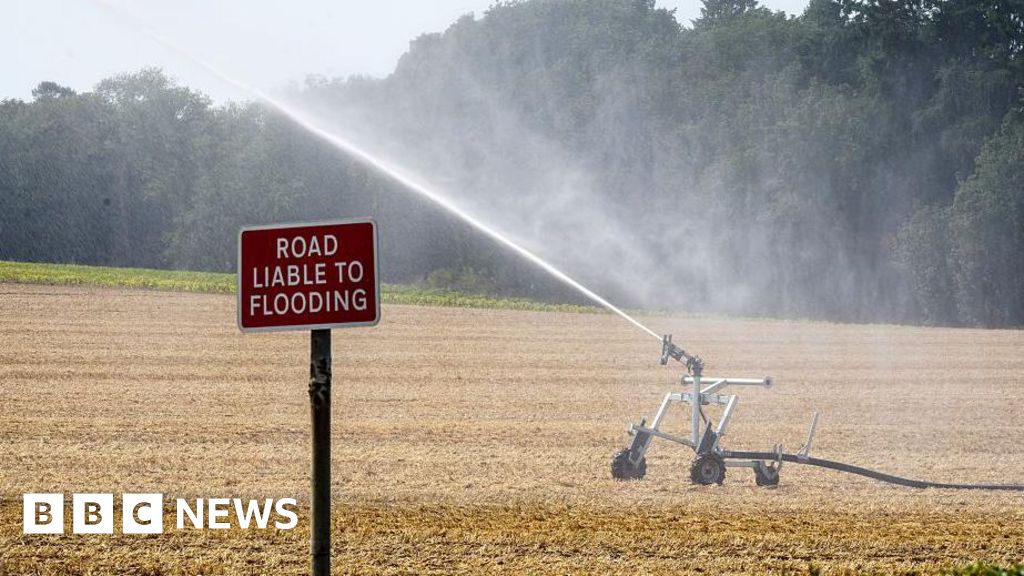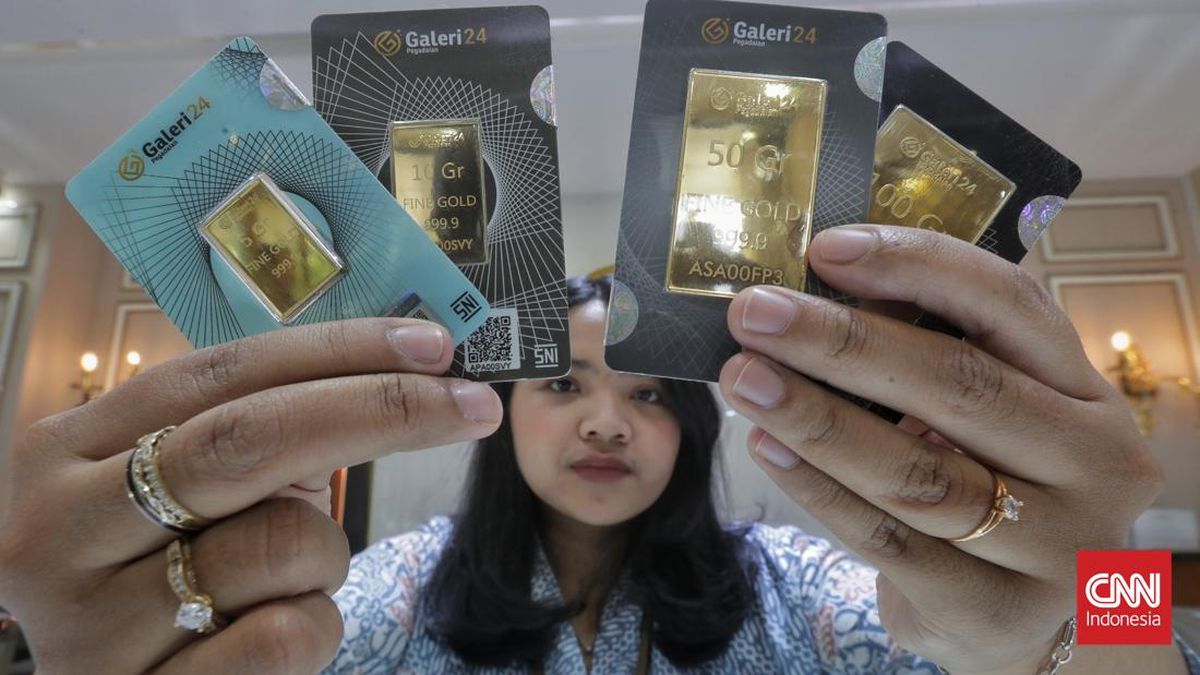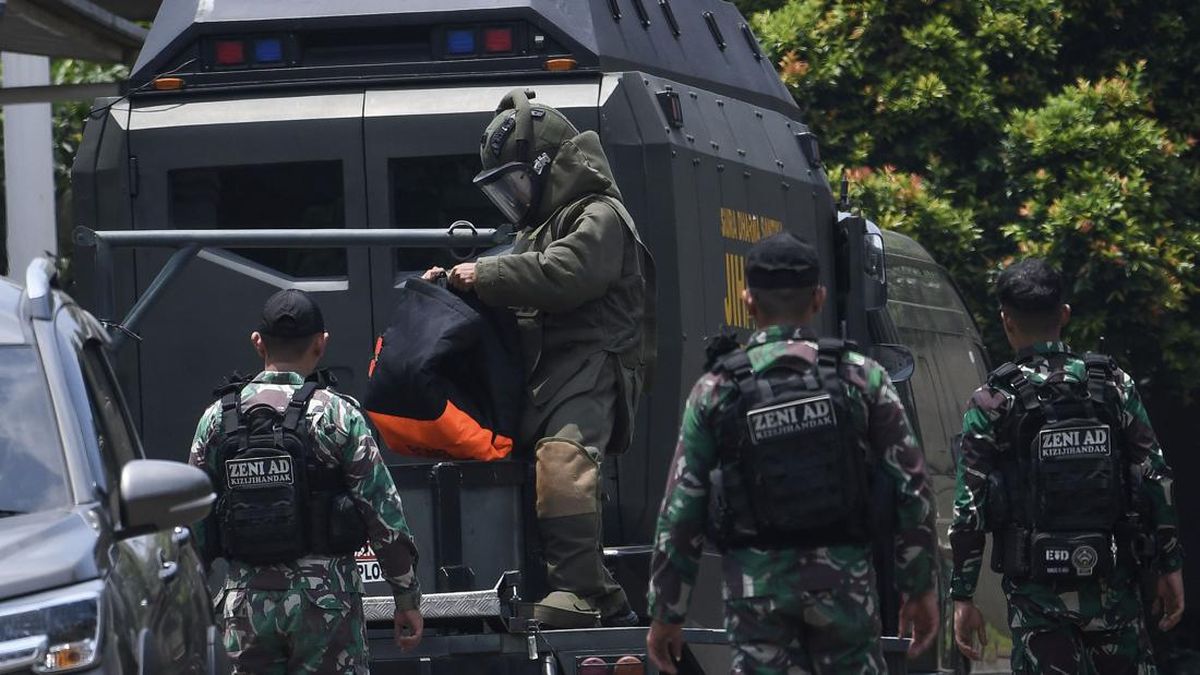It’s the club no parent wants to be a member of. The death of a child is nothing short of devastating, a catastrophic, life-changing experience. But the isolation that follows can make a horrible situation so much worse.
Once the connections with health services, care workers and funeral homes wrap up, parents are left with their grief as family and friends struggle with how to best offer support. And as time passes, often they are left alone and isolated.
It’s a scenario Wayne and Maree Pascoe are all too familiar with. After years of engaging with the Queensland health system to care for their profoundly disabled daughter Emma Louise, when she passed in 2014 at just 18, the family’s connection with healthcare workers wound up, ending relationships that had developed over years. Instead, they were sent on their way to manage the next stage of their lives as best they could.

Maree and Wayne Pascoe set up the Ladybird Care Foundation in their daughter Emma’s name to help grieving parents.Credit: Joe Armao
“We were left to source our own counselling,” Wayne says. “There were no pathways so we were on our own,” he says.
Friends, while well meaning, were also at a loss, he says.
“Generally speaking in the western world we don’t support families going through grief,” he says.
While there are some excellent services available to parents for specific losses such as stillbirth, Wayne says it quickly became evident that there were scant options to help people in their position. So, with the support of a few close friends, he and Maree sought to address the need, setting up the Ladybird Care Foundation in 2020 in Emma Louise’s honour, at first as a pilot program through Queensland Children’s Hospital, and now, nationally. Wayne says 50 people are now trained mentors to grieving families.
Loading
Open to any parent who has experienced the death of their child at any age to accident or illness, key to the service is matching parents struggling with the loss of their child with a mentor who has walked the same path. Over a period of 15 to 18 months, they offer counselling, advice and lived experience in working through such profound loss.
“By virtue of the fact the mentor connects with you, it gives the mentee hope,” Wayne says. “They are living proof you can live with your grief without it consuming you. Something one of my mentees said to meet at our first meeting has stayed with – ‘you get it, and you get me’.
“Feeling understood is a profound human experience.”
The not-for-profit foundation is funded through grants and donations, both commercial and private.
For Haidee Murnane, being able to talk with someone who understood what she was going through was invaluable. Her son Harper died in 2022 when he was just five years old. He was diagnosed with Batten disease, also known as neuronal ceroid lipofuscinoses, a group neurodegenerative disorders which can first manifest as a loss of vision and then eventually lead to loss of motor skills and seizures and, eventually, death. He had been in and out of hospital for much of his short life.

Haidee Murnane with her son Harper, who died in 2022 at the age of five.
When he passed, Haidee did not know where to turn.
“I had amazing family and friends but there was no one who I felt connected with, no one got what I was going through,” she says. “I got back in touch with The Royal Children’s Hospital palliative care service in Melbourne and told them how lost I felt and they were the ones who referred me to Ladybird [Care Foundation].”
Through the foundation, Haidee was matched with a mentor named Jess whose child had also died following a complex medical history. Haidee says nothing compares with being able to speak freely with someone who has also experienced such a loss.
“What was wonderful and sad was she understood the anticipatory grief of knowing your son would not have long life,” Haidee says. “She got it. It normalised my grief and my emotions. It made me feel I was not alone in the world.”
It takes a village to deal with grief
Haidee is about to start training to enter the peer support program so that she can help do the same for other parents. For family and friends, she says there are ways to help support a parent whose child has died in the months – and years – ahead.
Loading
“I really appreciated those people who checked in,” she says. “Losing a child, you learn very quickly some people cope by cutting contact because they are too afraid of saying the wrong thing.
“[I want to] still share his name and the stories of him because he is still my son. I want people to be able to ask those questions about how I am doing and being open to hearing the good, the bad and the ugly.”
Wayne agrees that one of the best ways to help parents who have lost a child is to keep talking about them.
“You do eventually reach a stage where you can confidently say the full number of children in your family when people ask – in our case two,” he says. “Even before they ask I will often follow it up with ‘one here and one in heaven’ with people I trust who will not back out of the conversation because it is uncomfortable.
“The mindset is that it will upset the family if you bring it up but people who have lost a child want to hear their child’s name spoken. You can do things like say: tell us a story about Emma?”
For Wayne and Maree, seeing the foundation help other families has also helped them deal with losing their daughter.
“It is a legacy for Emma and it is all about unconditional love,” he says. “She lived with profound disability and she suffered so much in her life, but she loved so completely and it sets the tone. Every time I make a mentoring call, it is something we do in partnership, Emma and I.”
Make the most of your health, relationships, fitness and nutrition with our Live Well newsletter. Get it in your inbox every Monday.
Most Viewed in Lifestyle
Loading


